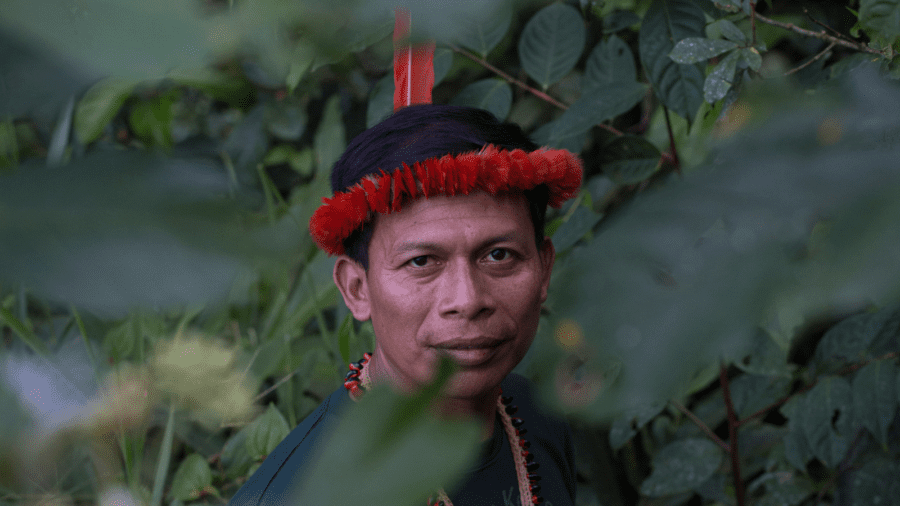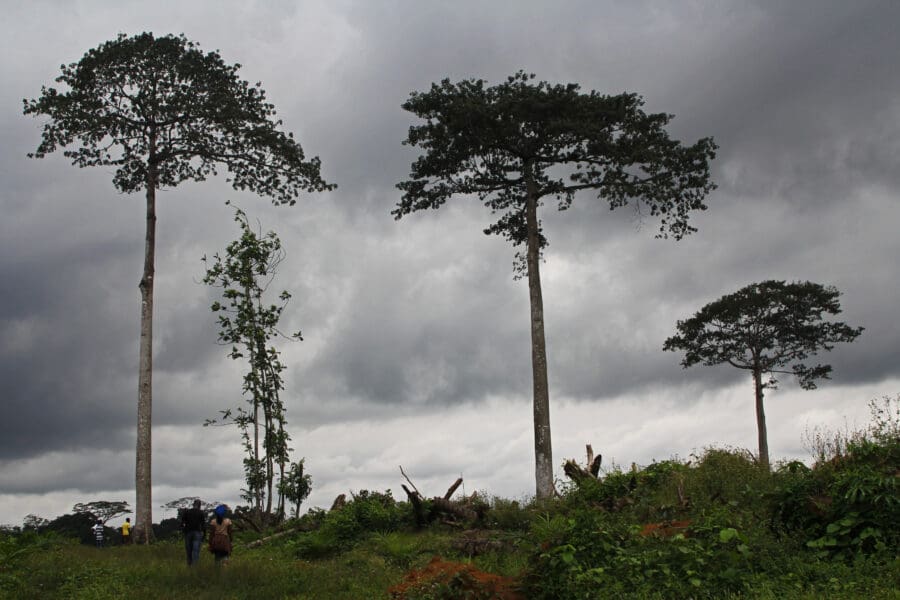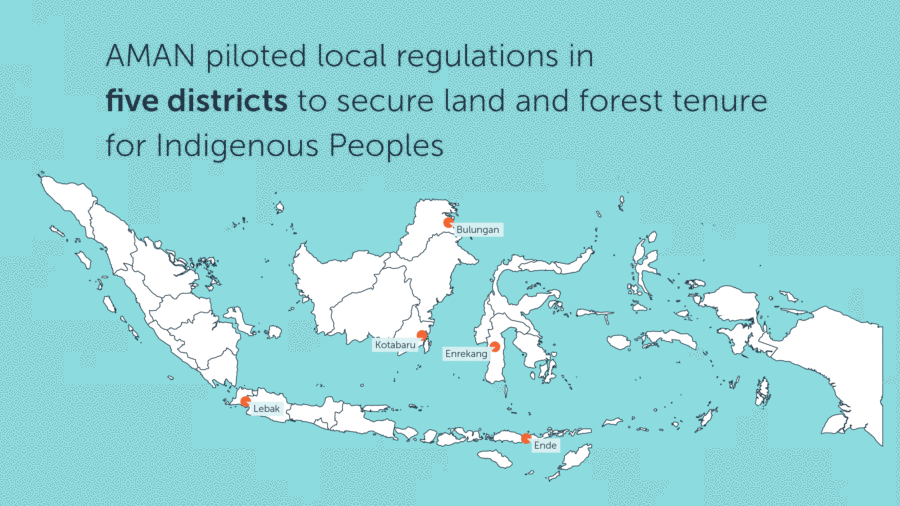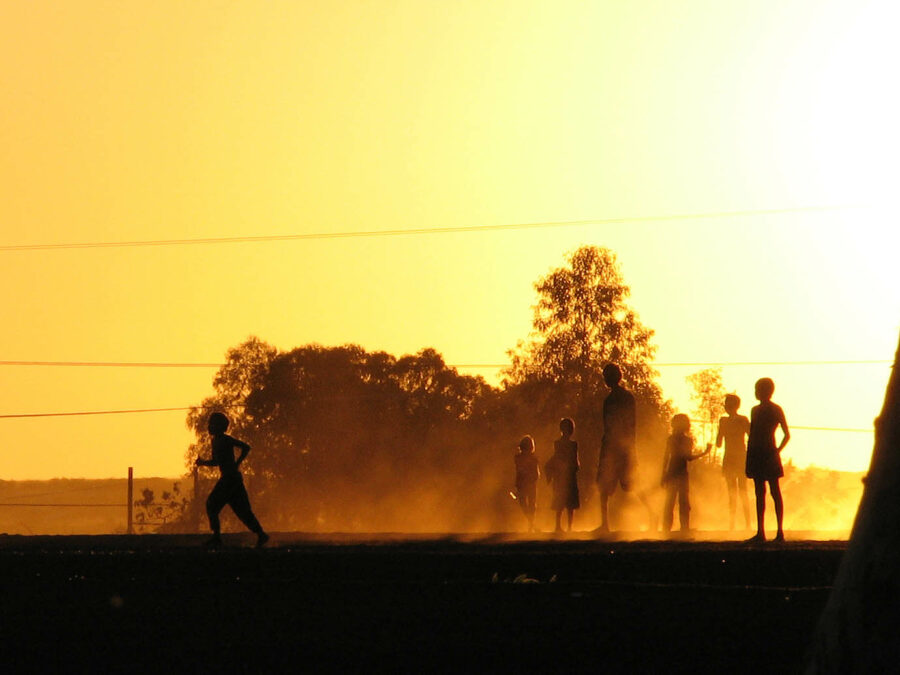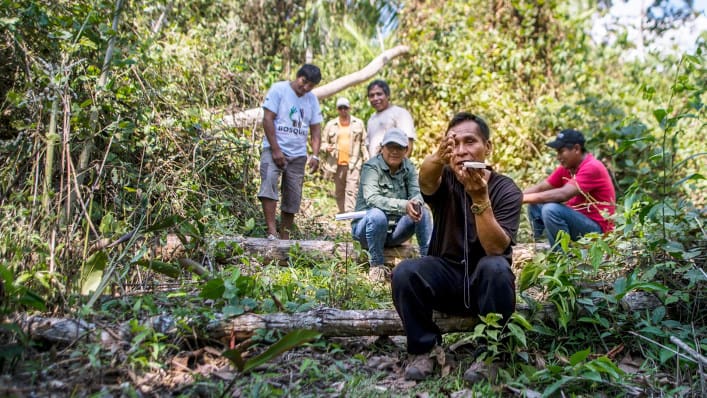A report aims to influence the localization agenda and improve bilateral policies and practices to ensure that more direct, fit-for-purpose support reaches Indigenous Peoples, local communities, and Afro-descendant Peoples and their supporting organizations to secure tenure rights and conserve key ecosystems and biodiversity.
The work to address the longstanding issue of insecurity around land does not end with legislation. Liberia’s citizens will not gain from the protections of the LRA without implementation. Nor can the government go it alone: given their proximity to communities, history of advocacy on behalf of marginalized groups, and their familiarity with the government’s platform under the new law, civil society organizations are ideal partners for implementation.
A web-based application that monitors the impact of successful forest-rights claims can help rural communities manage resources better and improve their livelihoods, according to analysts.
In just 29 months, the Alliance of Indigenous Peoples of the Archipelago, or AMAN, advanced community tenure security over 1.5 million hectares of land.
We asked six experts about the biggest opportunities, moments, and potential catalysts for change they see for community land rights in 2018. Here’s what they had to say.
Land stakeholders have stepped up resource mobilization efforts to strengthen land rights and tenure governance globally, through the launch of the International Land and Forest Tenure Facility (the Tenure Facility) and preparations for the ‘Land 2030 Global Initiative’.
Over half the world’s land is lived on and managed using customary and traditional systems. Yet indigenous peoples and local communities have formal, legal ownership of just 10 percent of land globally. Insecure land rights can often lead to protracted conflicts with governments and companies, climate change — when land is not protected from deforestation — and human rights abuses.
Millions of people live in the world’s remaining forests, and evidence is mounting that indigenous communities are not only the best managers of the land, but are indispensable allies in the climate fight.
A new $100 million initiative will help indigenous peoples and local communities in rural areas secure rights to their traditional lands.
“Include us, so that we can protect our lands for our children and protect the planet’s biodiversity for all the world’s children,” said by Victoria Tauli-Corpuz, UN Special Rapporteur on the Rights of Indigenous Peoples during the launch. Recognising the land rights of native and traditional peoples is a low-cost solution toward achieving the world’s development, environment and climate agendas.
For most people, the mega-hurricanes we have witnessed – along with their devastating consequences – have put an exclamation point on the urgency of climate change. But an even bigger exclamation point came in the form of a new scientific study showing how the carbon released by tropical deforestation and degradation has been underestimated.
Here are some of the terms frequently used in connection with indigenous and community lands.
A drive for a fairer world has to be at the heart of the fight for indigenous and communal land rights to ensure a long-term solution rather than just throwing money at the problem, the head of one of the largest U.S. philanthropic foundations said.
On behalf of The World Bank Group, I congratulate the Government of Sweden and the organizers of this event on the launch of the Tenure Facility. Securing indigenous, community, and women’s land rights is fundamental to the Bank’s mission to end extreme poverty and promote shared prosperity.
Por cada problema, una solución. Y una, a ser posible, que se pueda replicar en otra parte del mundo y sirva de la misma ayuda….
The International Land and Forest Tenure Facility – the first and only global institution dedicated to securing the land rights of indigenous communities worldwide – was formally launched in Stockholm on Tuesday (Oct 3).
The Sustainable Development Goals aspire to “leave no one behind.” If the international community is to succeed in this aim, it must address the grinding poverty, hunger, and despair that still plague many of the world’s forests and rural areas.
El Fondo internacional sobre tenencia de la tierra y los bosques fue presentado hoy de forma oficial en Estocolmo con el objetivo de promover los derechos colectivos…
Released at major land rights event in Stockholm, new research reveals that respecting rights of Indigenous Peoples and local communities—not forcing them off their lands—slashes…
Tomorrow, October 4, participants from 65 countries—including representatives from Indigenous Peoples, local communities, women’s groups, governments, NGOs, civil society, multilateral banks, and the private sector—are convening in…
Armed with drones, GPS, cell phones and aps, Indigenous communities collecting information for claiming traditional lands, documenting crimes and complementing satellite and web-based data PARIS—As…

